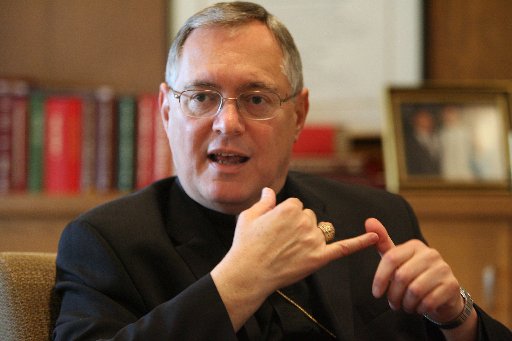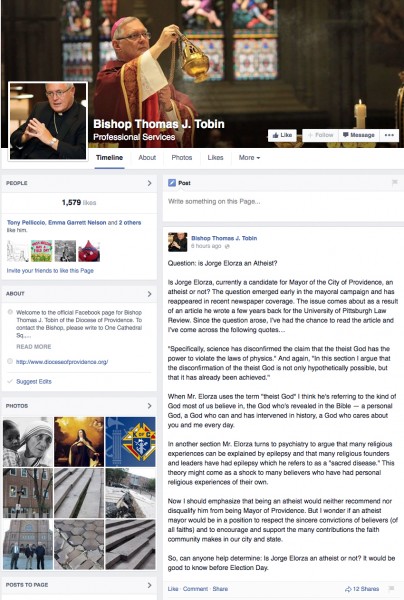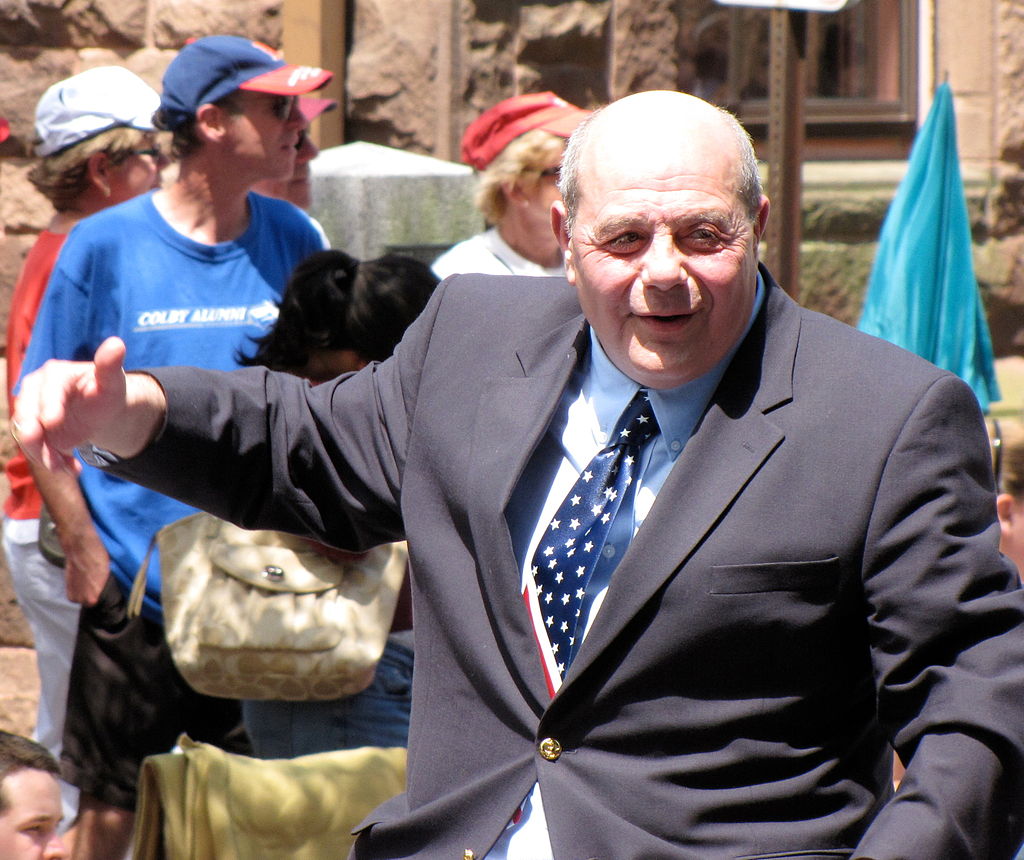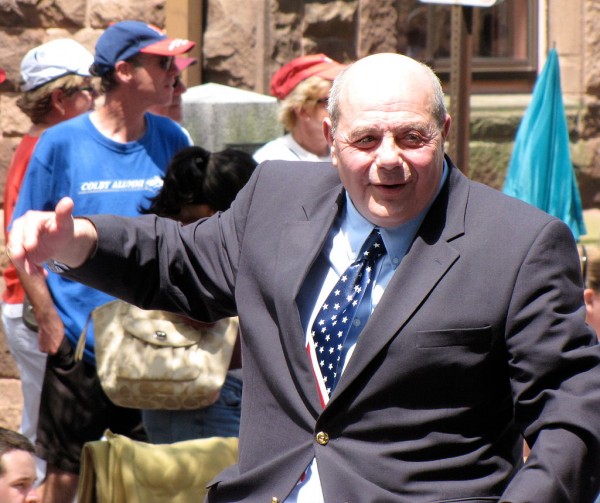 “I should emphasize that being an atheist would neither recommend nor disqualify [Jorge Elorza] from being Mayor of Providence,” said Bishop Thomas Tobin in a surprising, recent Facebook post, but before celebrating Tobin’s tolerance and openness, we should read on, “But I wonder if an atheist mayor would be in a position to respect the sincere convictions of believers (of all faiths) and to encourage and support the many contributions the faith community makes in our city and state.”
“I should emphasize that being an atheist would neither recommend nor disqualify [Jorge Elorza] from being Mayor of Providence,” said Bishop Thomas Tobin in a surprising, recent Facebook post, but before celebrating Tobin’s tolerance and openness, we should read on, “But I wonder if an atheist mayor would be in a position to respect the sincere convictions of believers (of all faiths) and to encourage and support the many contributions the faith community makes in our city and state.”
Thus, Tobin slyly implies that atheists are intolerant.
Put aside, for a moment, the idea that atheists may be more or less intolerant than a conservative, Republican, Catholic Bishop and ponder a moment what Tobin’s words would sound like if he were talking about group of people other than atheists.
“But I wonder if a Jewish mayor would be in a position to respect the sincere convictions of Christians (of all denominations) and to encourage and support the many contributions the Christian community makes in our city and state.”
“But I wonder if an Asian mayor would be in a position to respect the sincere convictions of citizens (of all races) and to encourage and support the many contributions non-Asian communities make in our city and state.”
“But I wonder if a woman mayor would be in a position to respect the sincere convictions of men and to encourage and support the many contributions men make in our city and state.”
“But I wonder if a Catholic mayor would be in a position to respect the sincere convictions of Protestants and to encourage and support the many contributions Protestants make in our city and state.”
A candidate’s religious convictions (or lack thereof) are not relevant to their fitness for office, unless those beliefs run contrary to the Constitution of the United States. Article VI, paragraph 3 of the Constitution reads, “The Senators and Representatives before mentioned, and the Members of the several State Legislatures, and all executive and judicial Officers, both of the United States and of the several States, shall be bound by Oath or Affirmation, to support this Constitution; but no religious test shall ever be required as a qualification to any office or public trust under the United States.”
If your religious beliefs run counter to the freedoms guaranteed by the Constitution, and you attempt to act on those beliefs in your official capacity as an elected official or judge, then you are unfit for office. Unless one has good reason to suspect that a candidate will not uphold the Constitution, questioning their fitness for office on the basis of religious belief or unbelief is bigotry, pure and simple.



 How does a person who has twice embarrassed the great city of Providence by losing their job as mayor due to felony convictions convince people to give them a third chance to screw over the city? First, such a person must hold such a low opinion of the voting public that they seriously think of themselves as a viable candidate. Second, the candidate must then do everything they can to paint their opponent as something worse than someone who has twice been caught violating the public’s trust.
How does a person who has twice embarrassed the great city of Providence by losing their job as mayor due to felony convictions convince people to give them a third chance to screw over the city? First, such a person must hold such a low opinion of the voting public that they seriously think of themselves as a viable candidate. Second, the candidate must then do everything they can to paint their opponent as something worse than someone who has twice been caught violating the public’s trust.


